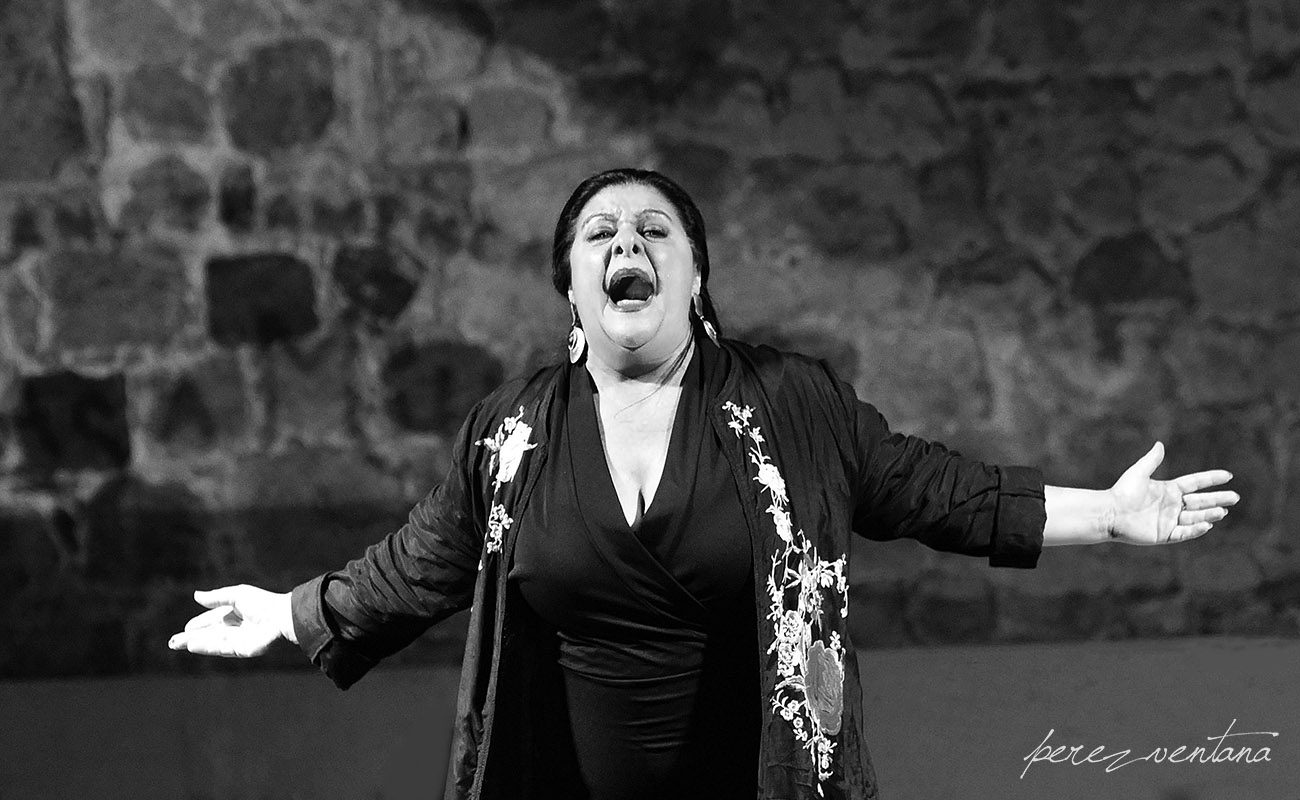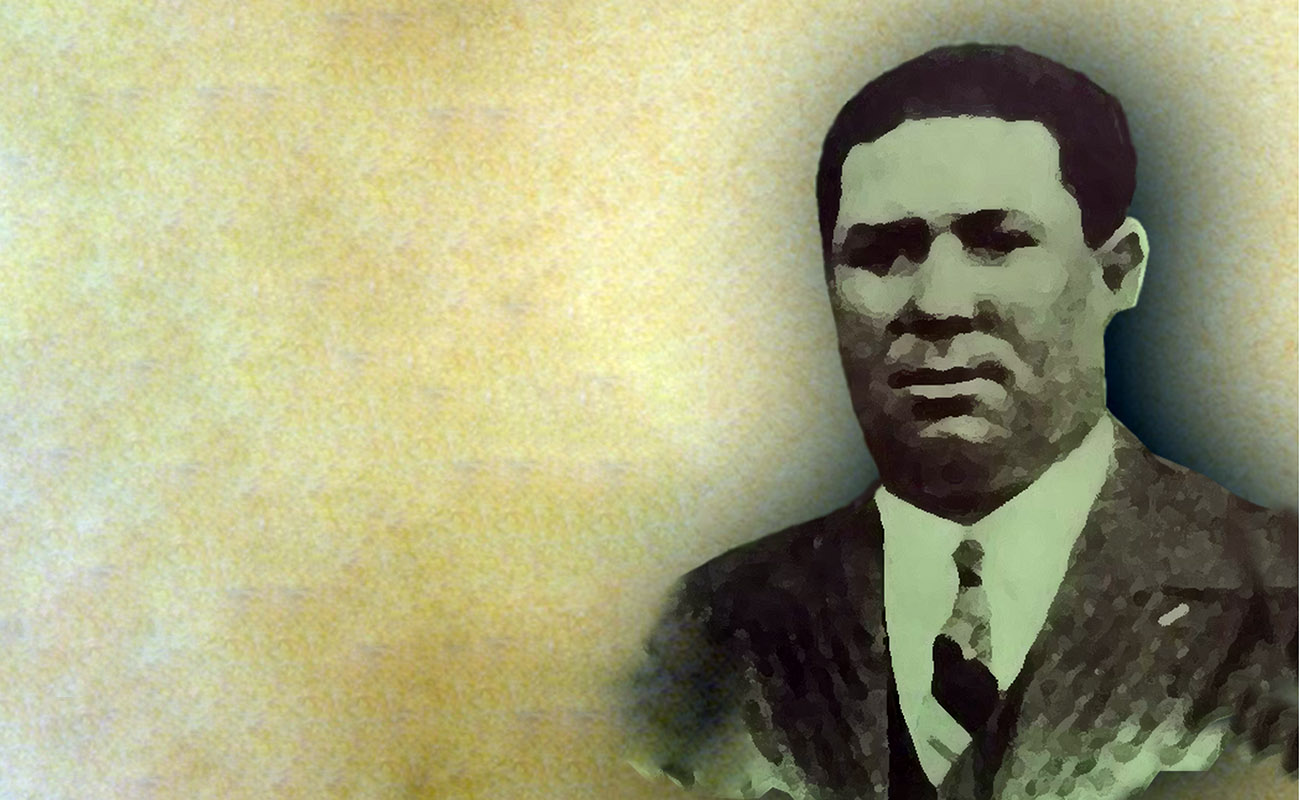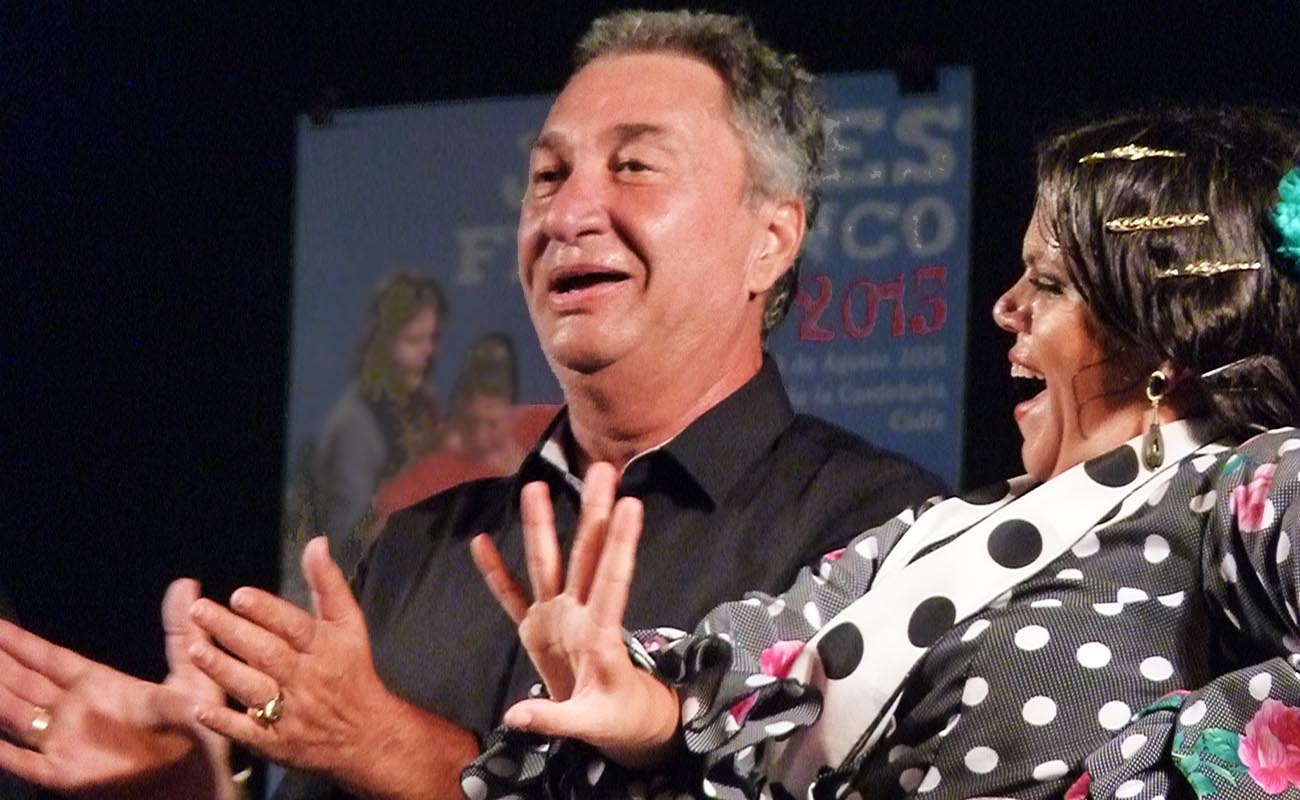Grandpa and the difference between cantaor and cantante
-Grandpa, the other day there was this huge controversy in the social networks about the difference between “cantaor” and “cantante”(1) in flamenco. What’s your take on this? -Your grandma, may she rest in peace, thought that this social network thing was more like a mafia network. I’m too old for these things. You should be careful our you’ll end up

-Grandpa, the other day there was this huge controversy in the social networks about the difference between “cantaor” and “cantante”(1) in flamenco. What’s your take on this?
-Your grandma, may she rest in peace, thought that this social network thing was more like a mafia network. I’m too old for these things. You should be careful our you’ll end up sleeping with the fishes.
-Believe it or not, grandpa, the only discussions about flamenco these days are in the social networks, because radio stations don’t want anything to do with flamenco, not to mention TV, let’s not even talk about it.
-So what’s the deal with the cantantes and cantaoras?
-Nothing really. People just started talking about this due to Maria Toledo’s performance in Seville the other day, and some criticism about that concert.
-Manolo, people either are, or aren’t, cantaor (or cantaora). Did you know that Tomás Pavón didn’t refer to Niño Marchena as “cantaor”, but rather as “artist”? Also, Camarón called Enrique Morente “cantante”, not to make fun of him, but because he liked his style, the way he dressed. In that respect Camarón imitated Enrique, his looks, which certainly broke the mold of the traditional cantaor, stiff-faced and wearing a cordovan hat.
-So what does it take for a cantaor to be considered as such, grandpa?
-That’s a though question, kid. Look, in the XIX century, when a cantaor was asked about his profession at the civil registry, he would reply “cantador” (which is how people said it back then), yet the civil servant, not having a clue about flamenco, would write down “day laborer”, unless he was a butcher, a blacksmith or a potter, which were accepted professions, very common among flamencos. And if the person was a cantaora, then the occupation would be written down as “housewife”. Silverio used to show up as “artist”, and Manuel Torres as “cantaó”(2). Chacón, oddly, once appears as cantante. No joke.
-Yet, Chacón was a cantaor, right?
-Of course, Manolo. One of the great cantaores of his time. His style was very different than that of Manuel Torres’, but he was 100% cantaor, no doubt.
-Then, grandpa, Estrella Morente, María Toledo, Miguel Poveda and Pitingo, to name well-known artists, are cantaores, or cantantes aflamencados?
-It’s a matter of mentality, of attitude. Sincererly (and I’m trying not to offend anyone), I believe that they are good artists and good cantantes, who feel that way and live in that world. That’s really not a bad thing, because, among other things, society still looks down on flamenco cantaores. Yet, the more generic cantante label is more widely accepted. A cantante sings any kind of music, a cantaor only sings flamenco.
-I bet there’s more to it, right?
-Of course. The cantaor or cantaora stops being such thing when they aspire going beyond flamenco, abandonning the role of cantaor to evolve towards a more commercial style that’s easier to understand by the general public. They flee from the serious flamenco aficionados, preferring a public that knows nothing of cante, convinced that they’re too good to be “just” a cantaor. That’s odd, because being a cantaor is something very special and very demanding. Not just anybody can become a cantaor, even with lots of study and training. To be a cantaor is not just being able to sing a soleá or a petenera, but to feel like a cantaor, to live like a cantaor, to think like a cantaor and to believe that there’s nothing more important in life than to be a flamenco cantaor.
-That’s quite interesting, grandpa. So, to summarize (as the rice for my arroz a la cubana(3) is already boiling), why is that some artists get upset if they’re called cantante?
-The truth is that those who get upset haven’t yet noticed that they’re no longer cantaores. They love to be perceived as having that romantic aura of the cantaor jondo, which is so highly prized in flamenco these days. Yet, they’re not cantaores anymore. Manolo, when a cantaor or a cantaora stops feeling feeling like one, I stop caring about them. I cannot stand the cantaor who is more preoccupied with the stage lights than with cante, or the cantaora who is more concerned with her hairdo than with compás. Look, I enjoyed Manuel Agujetas singing, slouched on a chair, hair coming out of his moles, and I also enjoyed Marchena, singing upright and smelling of expensive perfume, but he never stopped being and feeling like a cantaor.
-Grandpa, today you have earned a good bottle of mosto which, although doesn’t quite go with arroz a la cubana, is from Umbrete(4)
- Both “cantaor” (a corruption of “cantador”) and “cantante” have the same root in the verb “cantar” (“to sing”), and are basically different versions of the word “singer”. As the Spanish language evolved, “cantante” became the most popular word for “singer”, while the word “cantaor” became limited to southern Spain (Andalucia) where it eventually became to mean “singer of flamenco” exclusively. Thus, nowadays “cantante” is used to describe a singer of popular songs, never a singer of flamenco. When a cantaor is referred as “cantante”, it’s almost like an insult, as it implies that the singer has betrayed their flamenco roots, going over to the world of easy-listening popular music.
- Cantaó: yet another corruption of the spelling of cantador / cantaor
- Arroz a la cubana: a humble, everyday meal typically made of white rice topped by a fried tomato. Sometimes a fried egg may also be added
- Umbrete: a municipality just east of Seville, famous for its young wine (“mosto”)




